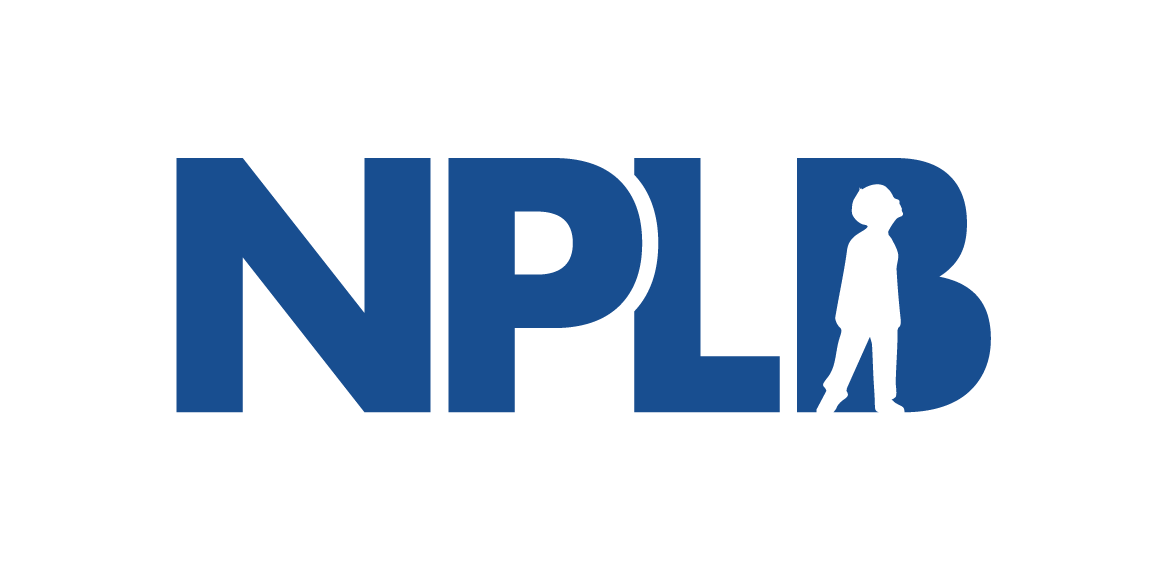The Massachusetts Paradox
The Massachusetts biotech industry leads the world in innovation and drug development. But its companies don’t have the support of its own leaders. Why?
A Letter to Senate HELP Committee Chairman Bill Cassidy on Preserving and Modernizing the FDA
US biomedical innovators, the investors that support them, and the patients who depend on continued medical progress rely on the US Food and Drug Administration’s guidance and rigor to navigate policy and medical standards and to approve new medicines. The agency’s reorganization must preserve the institutional knowledge and core functionality that makes the FDA the world’s leading regulatory body.
Price Controls Hinder Treatment Access in Medicare Part D
Beneficiaries say Inflation Reduction Act will worsen access, affordability challenges.
Public Comment: End Unfair Trade Practices in Drug Pricing
When other countries pay less for drugs, they are free-riding on American innovation and our willingness to pay for new treatments. Forcing manufacturers to charge the same price that these other countries do would backfire. Instead, policymakers should use trade negotiations to pressure other wealthy countries to pay their fair share. No Patient Left Behind wrote to the Office of the United States Trade urging an end to unfair trade practices in drug pricing.
Autoimmune Quest v2: ‘It Takes Grit’
Biomedical innovators are developing new autoimmune therapeutics - insurance reform will ensure new treatments and cures are accessible and affordable.
Autoimmune Quest v1
Biomedical innovators are developing new autoimmune therapeutics - insurance reform will ensure new treatments and cures are accessible and affordable.
A note of thanks to the FDA
An independent and autonomous FDA is a key part of ensuring that the biotech innovation ecosystem can continue to thrive. As an agency, it is the gold standard globally for determining risk-reward benefit in therapies for patients, and the world looks to it to lead the way. The people at the FDA are trying hard to make sure that we actually make progress, and their work is a service to the American public.
Public Comment: Use tariff and market access tools to force OECD countries to pay their fair share for medical innovation
No Patient Left Behind wrote to the Office of the United States Trade Representative regarding the 2025 Special 301 Review, urging the agency to use its tariff and market access tools to force OECD countries to pay their fair share for medical innovation and end the free-riding of American biomedical innovation.
Protect American Innovation
America is the global leader in biomedical innovation because it has a market that values new medicines. When other countries pay less, they are free-riding on our willingness to pay for new treatments. Forcing drug manufacturers to charge the same price that these other countries mandate would backfire. Instead, policymakers should use trade negotiations to pressure other wealthy countries to pay their fair share.
Consumers sound alarm: state price controls will limit access without lowering patient costs
A new survey demonstrates that a majority of consumers want health plans to lower out-of- pocket costs, but are concerned state government price controls will harm access and not reduce costs
Open letter to President Trump from biopharma innovators, investors, and patient advocates regarding proposed FDA budget and personnel cuts.
The independence and autonomy of the Food and Drug Administration (FDA) is a key part of ensuring that the biotech innovation ecosystem can continue to thrive. As an agency, it is the gold standard globally for determining risk-reward benefit in therapies for patients, and the world looks to it to lead the way. The people at the FDA facilitate the medical progress we all enjoy, and their work is a service to the American public.
Defending the NIH, the NSF, and the foundation of American science
There is an assault on the foundation of U.S. science. Recent actions—including arbitrarily restricting scientists' ability to speak and travel and stalling the dispersal of previously awarded NIH and NSF funds—are more than bureaucratic disruptions. They are an assault on the foundation of biomedical and technological progress.
Public Comment: Allow Medicare to cover anti-obesity medications (AOMs) and strengthen patient protection “guardrails” through better oversight of Medicare Advantage Part D (MAPD) plans.
No Patient Left Behind (NPLB) wrote to the Centers for Medicare and Medicaid services (CMS) urging the agency to allow Medicare to cover anti-obesity medications (AOMs) and to strengthen patient protection “guardrails” through better oversight of Medicare Advantage Part D (MAPD) plans.

















